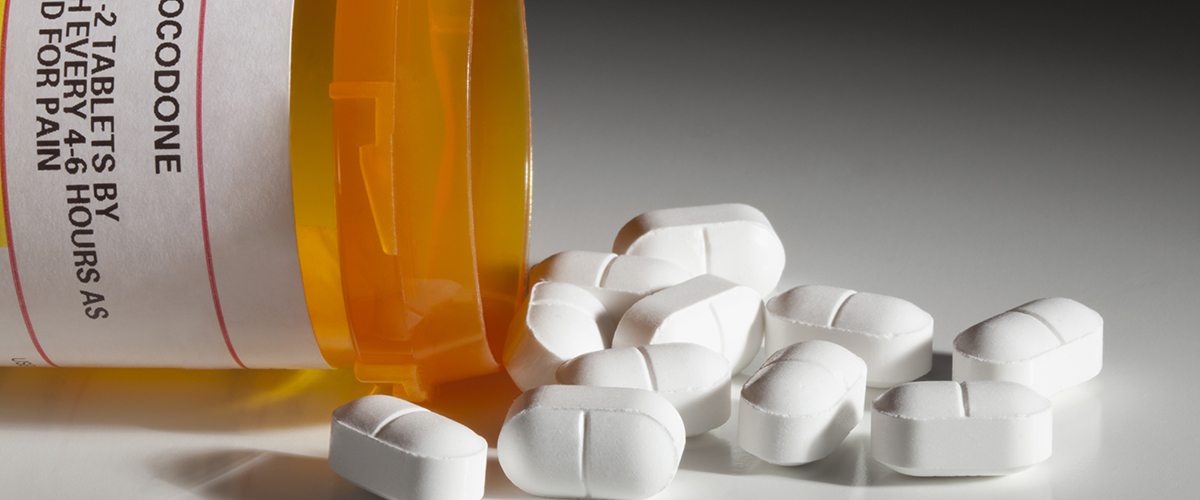[vc_row][vc_column][vc_column_text]
A preliminary report from the White House Commission on Combating Drug Addiction and the Opioid Crisis urged Trump to declare the opioid crisis a national emergency.
A White House commission created to address the nation’s opioid overdose epidemic issued a preliminary report last week, and in it strongly urged the Donald Trump administration to declare a national emergency.
“With approximately 142 Americans dying [of drug overdose] every day,” the report reads, “America is enduring a death toll equal to September 11th every three weeks.”
A report earlier this year from the New York Times found that drug overdose deaths in 2016 likely exceeded 59,000, a 19 percent surge over the 52,404 recorded in 2015. The evidence suggests that the problem continues to worsen now in 2017, as prescription painkillers are now more widely used than tobacco. The report referred to the current crisis as “unparalleled.”
“Our citizens are dying,” reads the report. “We must act boldly to stop it.”
Opioids are a class of powerful drugs that act on opioid receptors in the nervous system to relieve pain and produce a sense of euphoria. They’re available legally by prescription and commonly prescribed for pain management, but continued use and abuse can lead to physical dependence and withdrawal symptoms. Prescription overdose deaths started to rise in the mid-2000s as the substances were more widely prescribed. Earlier this summer, the FDA pulled an opioid medication off the market because “the benefits of the drug may no longer outweigh its risks.”
If Trump were to declare a national emergency under the Public Health Service Act or the Stafford Act, his administration would be able to force Congress to find funding to address the crisis.
“It would also awaken every American to this simple fact: If this scourge has not found you or your family yet, without bold action by everyone, it soon will,” the report reads. “You, Mr. president, are the only person who can bring this type of intensity to the emergency and we believe you have the will to do so and to do so immediately.”[/vc_column_text][/vc_column][/vc_row][vc_row][vc_column][vc_single_image image=”17843″ img_size=”1200×250″ onclick=”custom_link” img_link_target=”_blank” link=”https://www.medicalmarijuanainc.com/answer-americas-opioid-epidemic-cbd-study-suggests/”][/vc_column][/vc_row][vc_row][vc_column][vc_column_text]The report by the five-person commission, led by New Jersey Gov. Chris Christie, also recommended that grant waivers be approved in all 50 states to eliminate Medicaid treatment barriers. It called for mandated education initiatives with the assistance of medical and dental schools, and for the establishment and funding of an initiative that would offer better access to medication-assisted treatments. It also urged for the administration to provide legislation allowing for the dispensing of naloxone, a substance that blocks or reverses the effects of opioid medications.
“If this were any other public health issue, our response as a nation would be dramatically different then it currently is simply because these diseases are really shunned and shamed by society,” said former Congressman Patrick Kennedy, a member of the commission.
The report also advocated for the development of non-opioid pain relievers. A growing body of evidence suggests that cannabis could serve as a safer alternative for treating pain. In states where access to cannabis is legal, the opioid-related hospitalizations have dropped. Cannabis use has never resulted in a fatal overdose, and a recent study found that 92 percent of pain patients prefer cannabis to opioids for treatment.
Learn more about cannabis’s pain-relieving effects and how it can potentially help with the nation’s opioid epidemic by visiting our education page.[/vc_column_text][/vc_column][/vc_row]






